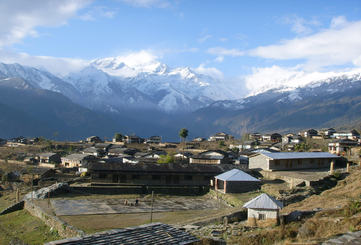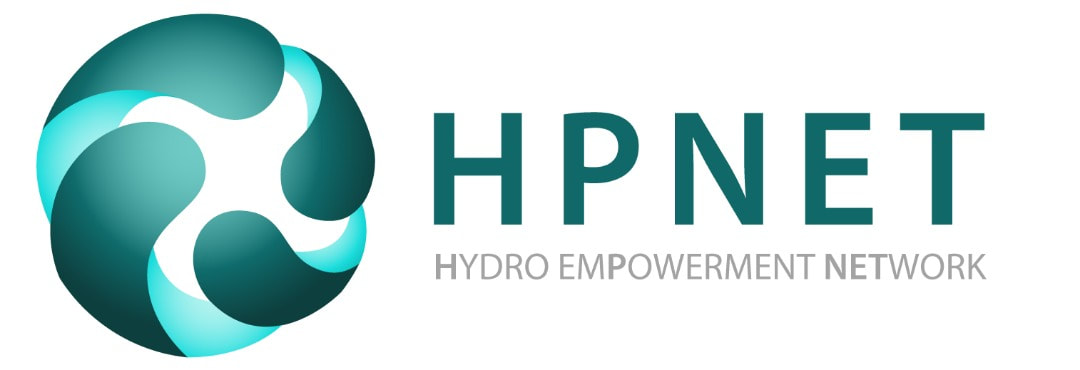03:44 - Cultural and environmental values
05:41 - Natural resource management
08:48 - First exposure to community hydro
12:04 - A rewarding role
13:40 - Productive end use
15:48 - Rights and self-governance through community hydro
17:33 - 'Lapat' environmental protocols
21:00 - Governance structure
21:45 - Climate change and watershed restoration
26:00 - Challenges
28:50 - Load management
34:20 - From villages to towns
35:38 - Micro hydro versus the grid
38:05 - Need for government support
40:00 - Nature-based solutions and climate finance
02:11 - Project location and governing body
02:53 - Technical layout, components, and evolution
04:30 - Project funding
05:03 - Community contribution of labor and land
05:21 - Productive end use and impact on local economy
06:43 - Social services end uses
07:58 - Household end uses
08:23 - Load Management
09:15 - Opportunity to upgrade the system
10:15 - Community-initiated fund for upgrade
11:09 - System running for two decades
11:46 - "StreamSide" tour of the project!
Check out earlier editions of StreamSide Chats on our YouTube channel.
- In Edition 1 we spoke with decentralized renewable energy specialist, Divyam Nagpal, and Director of Clean Energy at Winrock International, Bikash Pandey. We discussed the role of micro hydro in contributing to long term rural economic recovery and resilience in the pandemic era.
- In Edition 2 Bikash Pandey spoke with Ashoka Fellow and micro / mini hydro developer Bir Bahadur Ghale from Nepal, where over 3000 small-scale hydro projects have been developed, supporting local job creation and economic resilience, even in the aftermath of the devastating 2015 earthquake.
- In Edition 3 we focused on Pakistan’s unique small-scale hydro sector, which has been scaled up over several decades. We spoke with Sherzad Ali Khan, the Coordinator of the Aga Khan Development Network (or AKDN) for Gilgit-Baltistan and Chitral regions. We discussed gender-aware planning, productive end use, successful management practices, grid interconnection, climate finance and more.
Be sure to subscribe to our YouTube Channel to stay updated on future releases!

